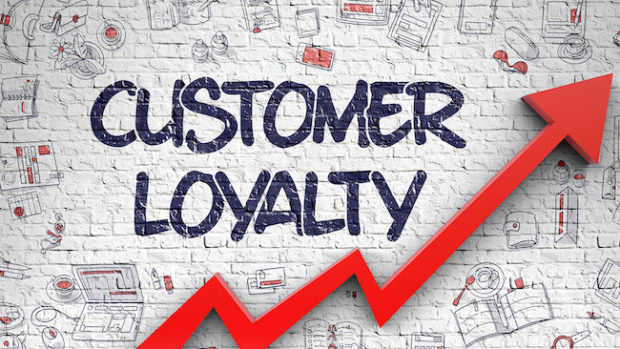Almost half (47 per cent) of online shoppers have received an order in error, a new survey has revealed, potentially costing retailers £951m each year in fulfilment. What’s more, almost three quarters (74 per cent) of the consumers that had received an order in error said they had received up to three incorrect parcels in the past year.
The cost of order errors to retailers could soar exponentially over the coming year as the increase in online spending through the pandemic shows no sign of slowing. 64 per cent of respondents said they had increased the amount they buy online since the beginning of the pandemic.
The survey, conducted by Opinipoll on behalf of Breathe Technologies, surveyed the opinions of over 1,500 consumers to identify the most common pain points around the online shopping process. It found that returns are a deal breaker for consumers, as 91 per cent consider a retailer’s returns policy before making a purchase, and almost three quarters (73 per cent) claim that paying for returns would discourage them from buying from a retailer.
With 30 per cent of consumers claiming to return up to half of their online purchases, and almost 50 per cent returning up to a quarter of parcels, a quick and easy returns process is crucial to attract and retain loyal customers.
Survey respondents also identified delivery as a crucial factor influencing their buying decision, with long delivery times topping the list of frustrations (50 per cent), followed closely by paying for returns (42 per cent) and limited stock availability (38 per cent). In fact, over a third (35 per cent) of respondents claimed they would rather buy elsewhere than wait a long time for a delivery.
Claire Umney, managing director at Breathe Technologies commented, “With bricks and mortar retail being limited by the pandemic, and the increase in online spending showing no signs of slowing, retailers and their supply chain partners must act now to be prepared and forecast accurately to ensure that supply chain, distribution and logistics are able to cope with increasing online order volumes.
“Retail operations should be led by consumer expectations; they need to be agile and have flexibility to scale with demand. Smart warehouse technology and software will provide faster and more efficient services, enabling retailers to forecast product demand, move goods at speed whilst ensuring accuracy, and ultimately have better control over what’s happening within the warehouse.”
Consumers also have high expectations around the refund process, with almost one fifth (18 per cent) of respondents expecting to receive a refund from a returned order within 24 hours, and a further 32 per cent within 48 hours. Despite government guidelines stating that businesses should make refunds within 14 days of receiving goods back, just 4 per cent thought it would be acceptable for refunds to take more than five days. This makes it critical for retailers to ensure returned goods are processed quickly.
However, the research shows that consumers would be willing to compromise for a greener service. 32 per cent said they would be happy to pay for delivery or incur a longer delivery time if their parcel arrived in a combined delivery with other orders, suggesting that retailers could consider working together to meet consumer sustainability expectations and the new realities of online shopping. Free delivery and returns aside, the most popular service consumers would like to see from online retailers is less packaging (44 per cent), followed by paper-based packaging (39 per cent). In fact, 28 per cent said they would be prepared to pay for greener packaging.
Umney added: “The global pandemic highlights just how quickly the retail landscape can shift and businesses must adapt now to future-proof their operations with robust physical and digital automation. Consumer expectations are sky high and to manage these increasingly complex distribution requirements, retailers need end-to-end systems that maximise logistics efficiencies and minimise environmental impact. Put the right systems in place, and not only will you ensure your supply chain, distribution and logistics can cope with increased volumes, you’ll be delivering on your promises and so building your own loyal customer base.”








Share